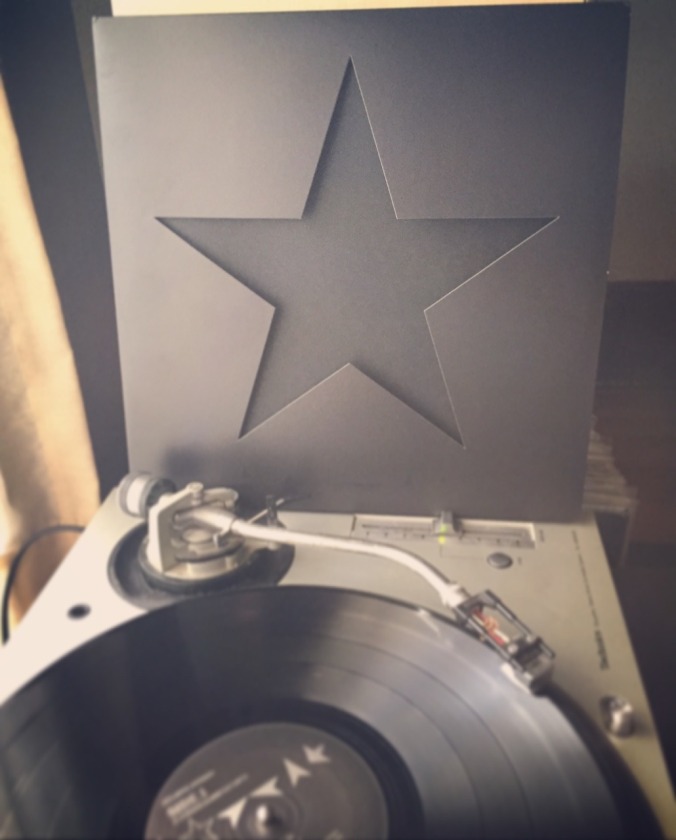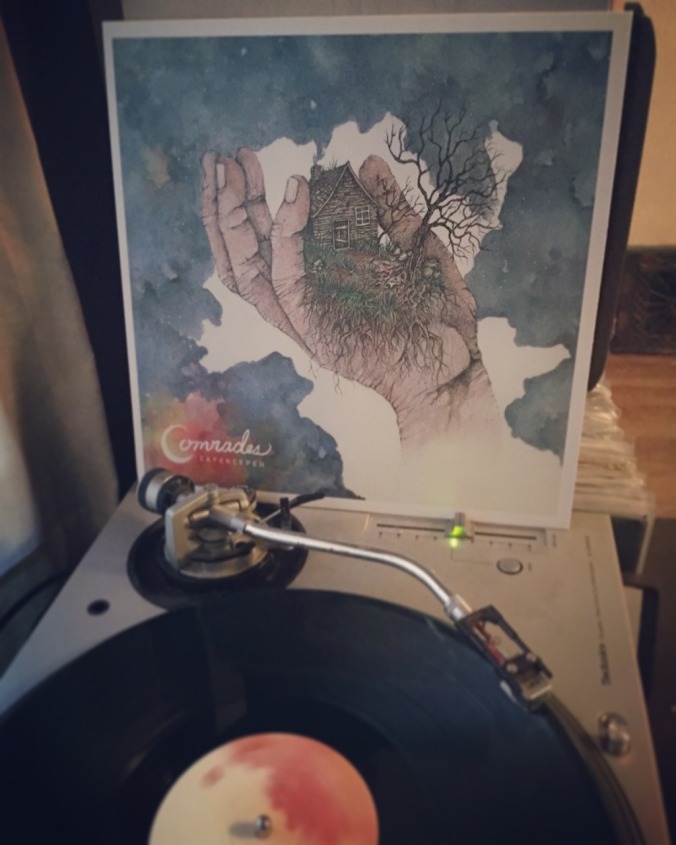David Bazan has always made sad music. He cut his teeth as Pedro the Lion, the Christian slowcore band that made a name for themselves by being the sort of band that wasn’t afraid to confront the brutal honesty of their doubt or use harsh language in the Tooth and Nail crowd (though never while signed to T&N). But within that scene, his droopy eyed cynicism was always cut with a hint of redemption, knowing that, despite everything, God was still (at least mostly) good. Even on Control, Pedro the Lion’s most despondent release, there was solace in knowing that the godless main character was fictional.
Curse Your Branches, however, is David Bazan’s first full length released after publicly recanting his faith. Predictably, his already depressing brand of doubtful and self-deprecating lyricism is even more cutting when divorced from trust in God. On about half of the tracks, the weight is only lifted by pairing his words with upbeat pop songs. For instance, “When We Fell,” which asks God, “when you set the table and when you set the scale / did you write a riddle that you knew they would fail,” sung over a major keyed rock riff. The music can be a little disarming, until you listen to the lyrics a little more closely and have your heart drop out of your chest.
The downtempo tracks are far less deceptive, but despite their minor keyed signifiers, they still catch you off guard. “Hard to Be” most directly refers to the aftermath of his fallout with God, challenging his Creator on putting us in that garden in the first place and mourning the divide between his family and himself that his doubt (or rather their continued faithfulness) has caused. “Lost My Shape” is a pointed fall-from-grace tale that is directed at no one in particular, but with lines like “you used to feel like the forest fire burning, but now you feel like a child throwing tantrums for your turn,” it’s hard to read it as a little autobiographical. After all, between disappointing his family (“Hard to Be,” “When We Fell”), failing his daughter (“Bless This Mess,” “Please Baby Please,” “In Stitches”), and heaping suspicion and anger on God (the whole album), he has pretty hard feelings toward himself. And with that in mind, while it is a deftly crafted and honestly written album, it is not one to be entered into lightly.
One sidenote: I saw David Bazan play a house show shortly after his wife gave birth to their second child at home. He played Hard to Be, and after singing, “childbirth is painful,” shook his head and whispered “oh shit” before continuing to the next line.



